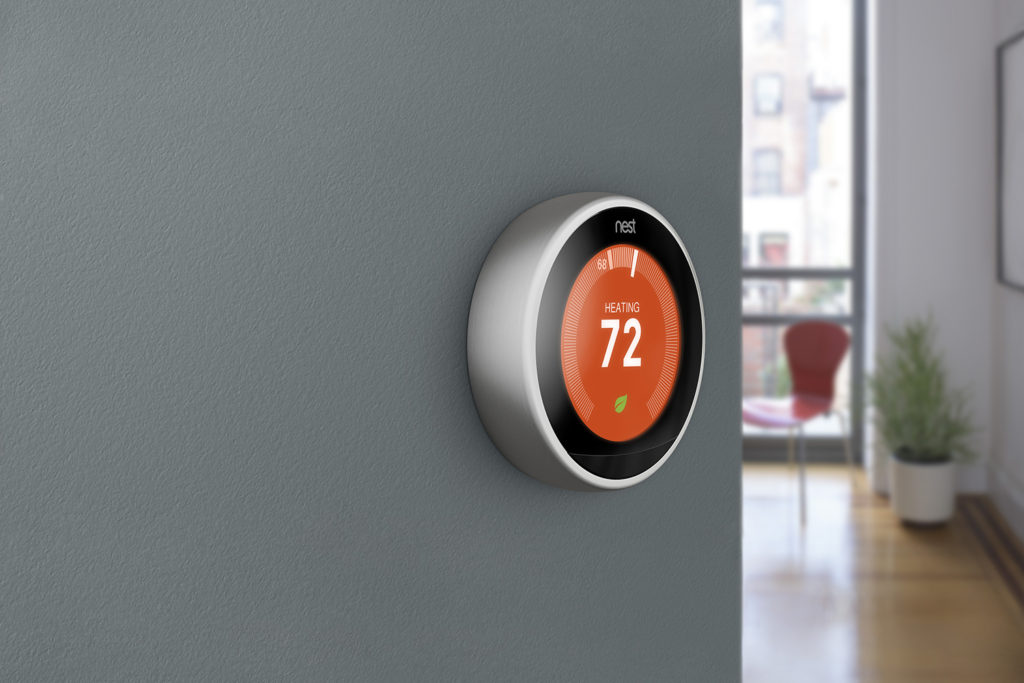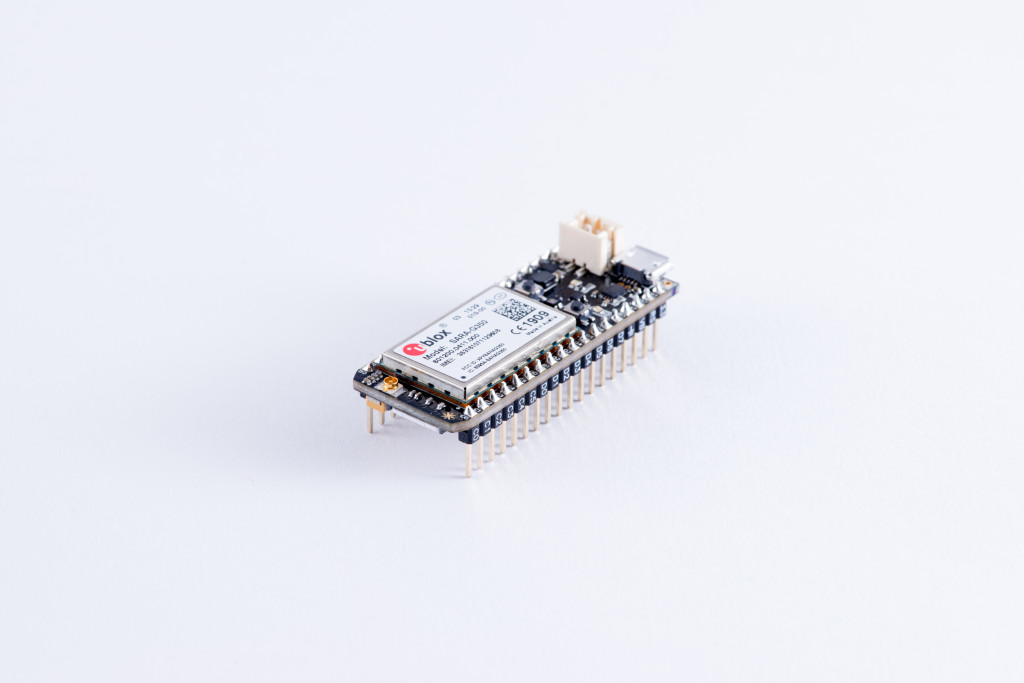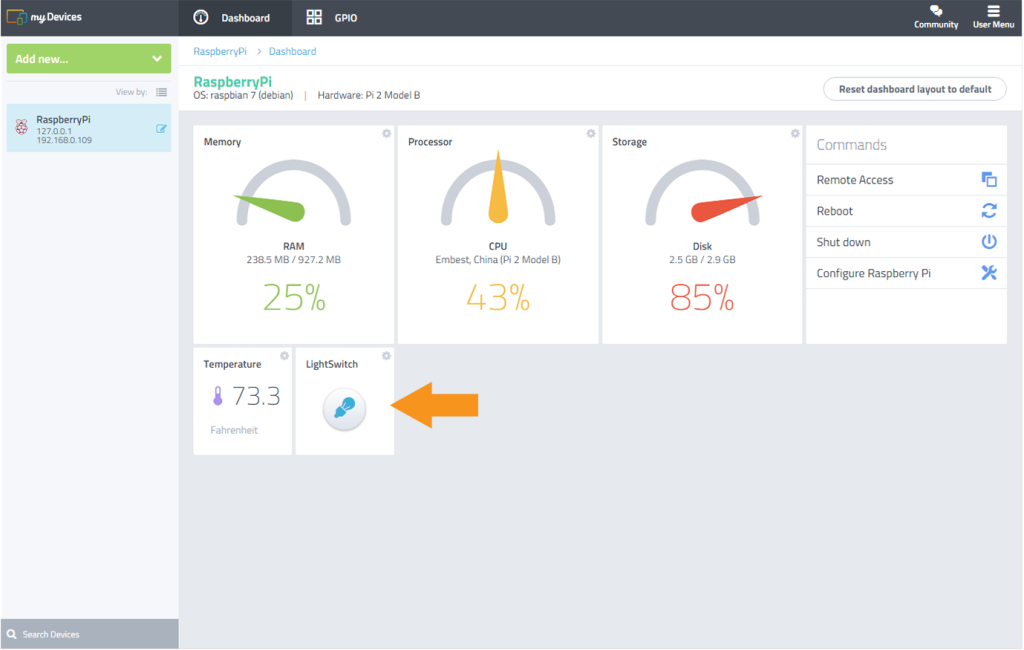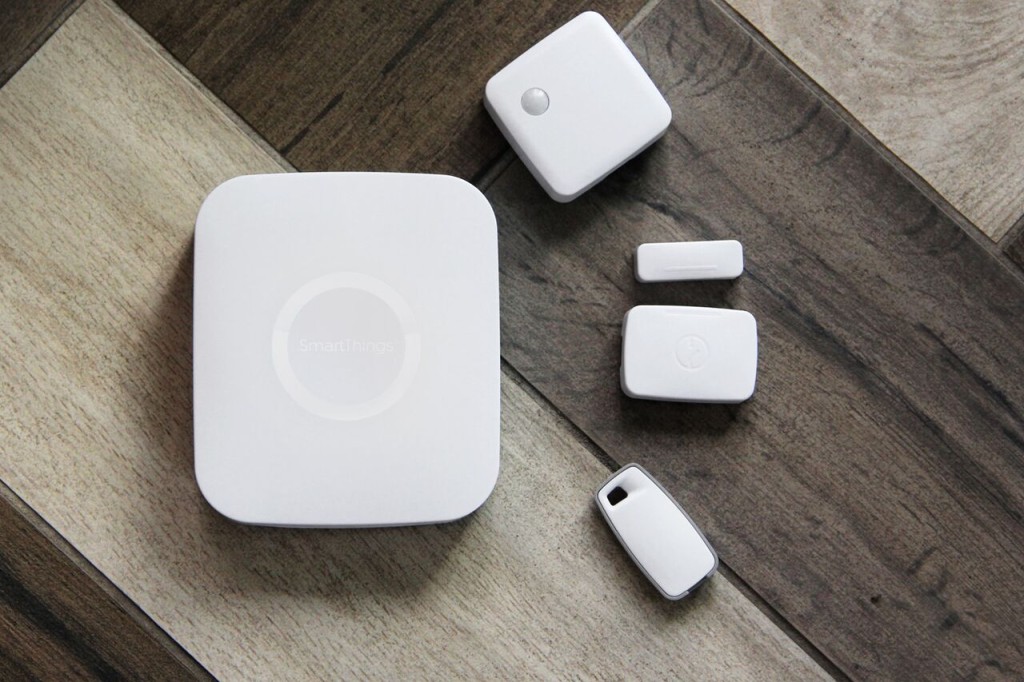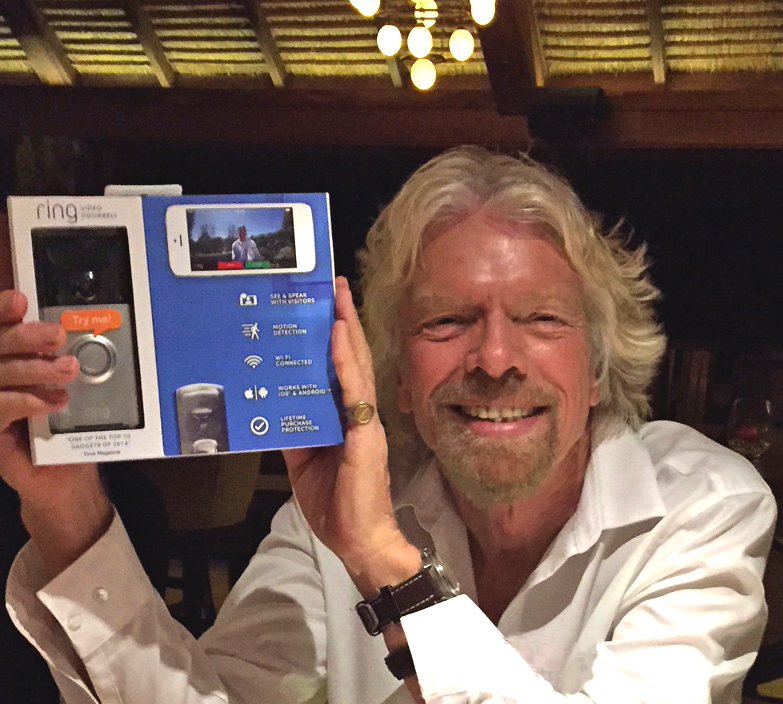Google finally told us what to expect with its Google Home product, a new mesh router configuration and an updated Chromecast this week at its hardware event. Kevin and I break down what we know about Google Home, how it compares to other devices on the market and also what we won’t know until we get the Home in our hot little hands. I expect mine on Nov. 8-10, so stay tuned. In more serious news, the use of IoT devices as a tool in DDoS attacks has everyone freaked out. We discuss why IoT devices are vulnerable and share a new checklist from the Online Trust Alliance on what you can do to help.
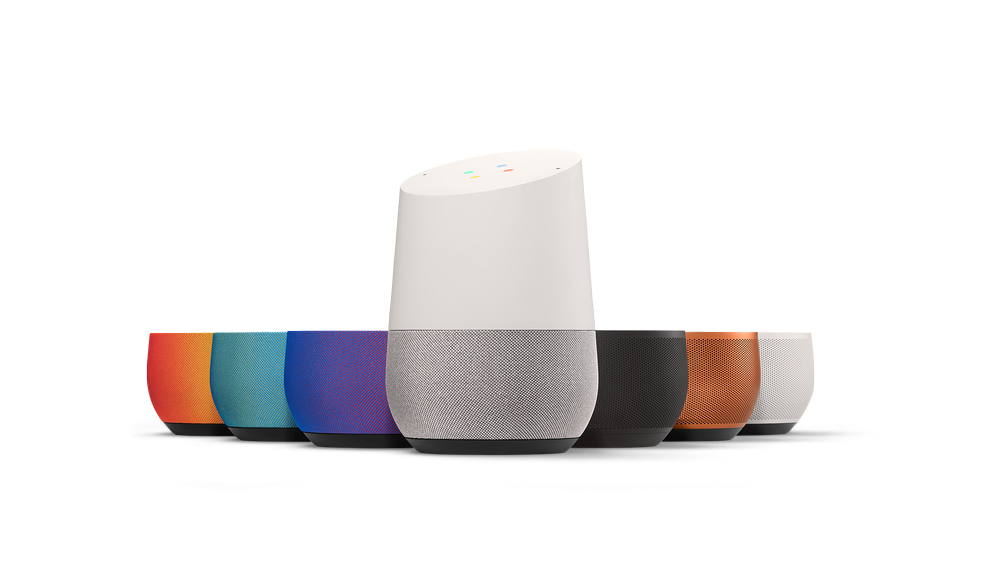
After that we talk to Danny Herztberg, a Realtor in Miami Beach who told me what devices make for a good investment and how his job has changed with the advent of smart home technology. He also pleads with device makers to make these things easier for consumers to use and understand.
Hosts: Stacey Higginbotham and Kevin Tofel
Guest: Danny Hertzberg, The Jills
Sponsors: ARM and Hewlett Packard Enterprise
- Google Home v. Amazon Echo
- How to protect your connected gear and why you should
- Connected locks are the new granite countertops
- What devices offer the most investment value
Podcast: Play in new window | Download | Embed
Subscribe: RSS


